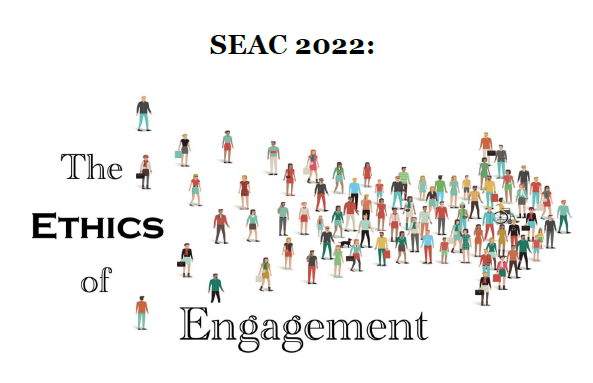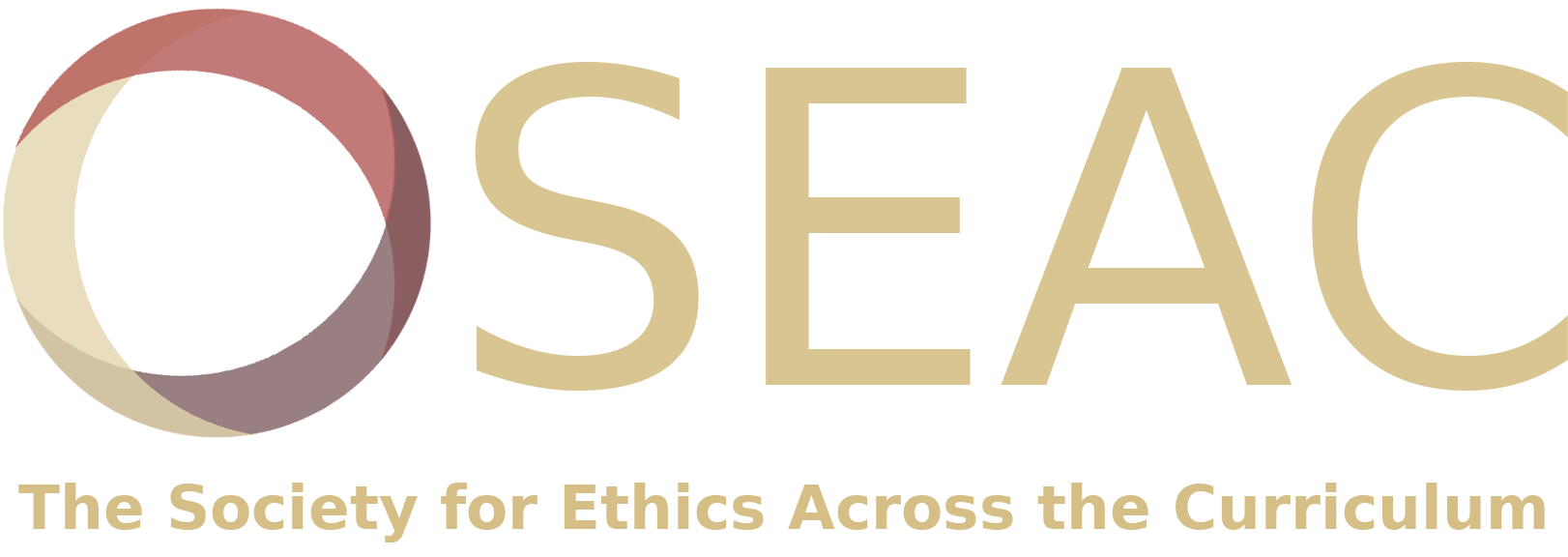
Concurrent Session 1A
Location
Ford Ballroom A, The Inn at Ole Miss
Start Date
6-10-2022 11:00 AM
End Date
6-10-2022 12:15 PM
Description
- “An Educated Citizenry”: Ethics, Civic Education, and the Role of Universities / Brian Birch, Utah Valley University
Thomas Jefferson is credited with saying that "an educated citizenry is a vital requisite for our survival as a free people." Though he likely never said or wrote these words, the connection between public education and democratic governance has been an important feature of the American constitutional tradition. This presentation will explore the role of ethics education in civics curricula and do so with specific attention to how this plays out in public institutions of higher education. It will examine key principles that inform these debates and apply them to concrete programming at select public universities—most notably Utah Valley University (UVU) and Arizona State University (ASU). Both institutions have received targeted state funding to advance civics education and are in the process of developing programming to meet the legislative mandates. In the case of UVU, ethics education will play an important role in its “Civic Thought and Leadership Initiative,” and significant questions remain as to how this will be ethically and effectively executed. The presentation will employ these cases to raise larger questions related to education, citizenship, and the public good. - Teaching Ethics in Political Action: Examining Forms of Political Participation and Pursuing the Common Good / Kristyn Sessions, Villanova University
Beyond fostering academic excellence, many colleges and universities strive to cultivate responsible, productive citizens who seek the common good. In this paper, I describe my Ethics in Political Action course, which contributes to this vision by weaving together civic education and practical ethics to equip students with the knowledge and skills they need to politically engage effectively and ethically. The course begins by reflecting on the U.S. political context and the moral reasons people have for participating, or not, in the ways that they do. Students begin to understand that ethics are not irrelevant to civic engagement but threaded throughout, in the outcomes desired and the methods by which they are achieved. From there, the course centers on investigating various forms of political participation, both conventional and unconventional, so that the political life is demystified for students as they recognize the range of actions available to them when seeking the common good. Drawing on literature that profiles the work of community organizing groups, the Coalition of Immokalee Workers, and Indigenous activists, students grow in their awareness of social justice efforts and wrestle with ethical issues woven in political participation, such as inequality in political voice, violence, and allyship. By the end of the course, students demonstrate their civic competence by crafting a political action plan in which they identify a pressing community issue and propose concrete steps they and others might take to address it, carefully assessing the moral significance of their choices.
Session Chair: Zach Vereb, University of Mississippi
Relational Format
conference proceeding
Recommended Citation
Birch, Brian; Sessions, Kristyn; and Vereb, Zach, "Concurrent Session 1A" (2022). Society for Ethics Across the Curriculum Conference. 3.
https://egrove.olemiss.edu/seac/2022/schedule/3
COinS
Oct 6th, 11:00 AM
Oct 6th, 12:15 PM
Concurrent Session 1A
Ford Ballroom A, The Inn at Ole Miss
- “An Educated Citizenry”: Ethics, Civic Education, and the Role of Universities / Brian Birch, Utah Valley University
Thomas Jefferson is credited with saying that "an educated citizenry is a vital requisite for our survival as a free people." Though he likely never said or wrote these words, the connection between public education and democratic governance has been an important feature of the American constitutional tradition. This presentation will explore the role of ethics education in civics curricula and do so with specific attention to how this plays out in public institutions of higher education. It will examine key principles that inform these debates and apply them to concrete programming at select public universities—most notably Utah Valley University (UVU) and Arizona State University (ASU). Both institutions have received targeted state funding to advance civics education and are in the process of developing programming to meet the legislative mandates. In the case of UVU, ethics education will play an important role in its “Civic Thought and Leadership Initiative,” and significant questions remain as to how this will be ethically and effectively executed. The presentation will employ these cases to raise larger questions related to education, citizenship, and the public good. - Teaching Ethics in Political Action: Examining Forms of Political Participation and Pursuing the Common Good / Kristyn Sessions, Villanova University
Beyond fostering academic excellence, many colleges and universities strive to cultivate responsible, productive citizens who seek the common good. In this paper, I describe my Ethics in Political Action course, which contributes to this vision by weaving together civic education and practical ethics to equip students with the knowledge and skills they need to politically engage effectively and ethically. The course begins by reflecting on the U.S. political context and the moral reasons people have for participating, or not, in the ways that they do. Students begin to understand that ethics are not irrelevant to civic engagement but threaded throughout, in the outcomes desired and the methods by which they are achieved. From there, the course centers on investigating various forms of political participation, both conventional and unconventional, so that the political life is demystified for students as they recognize the range of actions available to them when seeking the common good. Drawing on literature that profiles the work of community organizing groups, the Coalition of Immokalee Workers, and Indigenous activists, students grow in their awareness of social justice efforts and wrestle with ethical issues woven in political participation, such as inequality in political voice, violence, and allyship. By the end of the course, students demonstrate their civic competence by crafting a political action plan in which they identify a pressing community issue and propose concrete steps they and others might take to address it, carefully assessing the moral significance of their choices.
Session Chair: Zach Vereb, University of Mississippi


